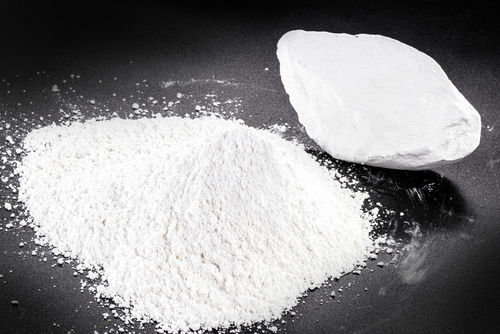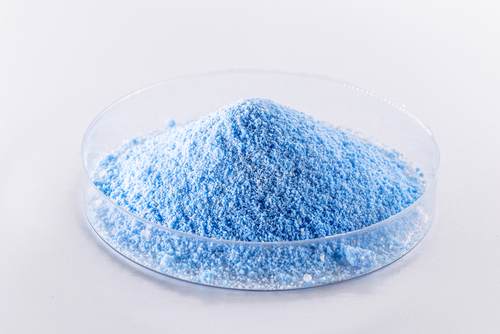
What are vital properties of advanced ceramics?
Some of the most important properties of advanced ceramics are mechanical, thermal, and electromagnetic. However, there are certain applications that require different types of properties – mechanical, optical, and biomechanical.
Mechanical characteristics
Components made from advanced ceramics boast exceptional mechanical characteristics:
- Hardness: Advanced ceramics are famous for their hardness, making components suitable for high-performance uses, for example tools for grinding and milling metals. The hardness of a material indicates how much a sharp diamond will damage the material and is illustrated with a VIckers number.
- Rigidity: Rigidity of a material is measured by examining its elasticity after placing a heavy load on it to see whether or not it bends. The higher the rigidity the less a material bends under a load. This coefficient of extension is Young’s modulus. For example, silicon carbide and alumina are twice as rigid as stainless steel.
Rigidity is important because it allows manufacturing of components with a very high level of precision regarding shape and size. While the material is being adjusted per specification, it can be under a large mechanical stress, which can cause deformation in less rigid materials, ultimately resulting in a bad end product.
- Toughness: Generally, advanced ceramics are very rigid, but also relatively prone to fractures. Zirconia is a type of advanced ceramics that possesses a certain degree of toughness, making it suitable for the production of blades and scissors.
- Specific gravity: Another great property of advanced ceramics is that they are not as heavy as high-stress metals. In fact, many types of ceramics weigh half as much as their metal counterparts. This means you get a lighter component and final product with the same or better characteristics.
Optical characteristics
There are several applications of advanced ceramics that require certain optical properties:
- Translucency: This describes the ability of a material to transmit light. Translucency is present in advanced ceramics that have high purity and density, a low level of birefringence, as well as grain boundaries with a low level of scattering.
- Phosphorescence and fluorescence: This characteristic enables a component made from advanced ceramics to emanate light of varying wavelengths and absorb radiated light.
- Electro-optic: This effect involves changes of a material’s resistance value due to an electric field.
- Acousto-optic: This is the diffraction of light based on refractive changes produced by different acoustic waves.
- Magneto-optic: This effect indicates the change of the light-absorption coefficient and refractive index because of a strong magnetic field.
- Photochromic: Acquired light changes the tone of the color because of this effect.
- Laser excitation: This effect involves generating lasers through resonance.
 Biochemical characteristics
Biochemical characteristics
Advanced ceramics are suitable for medical applications because they fulfill the following requirements:
- Chemical resistance: This is a characteristic of a material to resist chemical corrosion while being subjected to different harsh chemicals. Silicon carbide and alumina are very resistant to chemicals and will not change their shape when soaked in alkali or acid solution.
- Biocompatibility: The biocompatibility of advanced ceramics make them suitable for use within the human body in the form of artificial joints, skull plates, and dental implants.
Which company provides cutting-edge ceramic injection molding services?
There are many favorable and useful properties of advanced ceramics that make injection molded parts and accessories suitable for a variety of applications. Also, you can further customize the properties of your part by implementing different injection molding methods while manufacturing components from advanced ceramics. This is another benefit of these materials – adaptability and customization.
However, you also have to pay attention to the company you hire to injection mold your components. Wunder Mold is here to help you get the product your business requires. We will listen to your needs and translate your specific requirements into our design and manufacturing process. We will make sure your end product is up to your precise specifications. Reach out to us at (707) 448-2349 or send an email to sales@wundermold.com.
 Biochemical characteristics
Biochemical characteristics